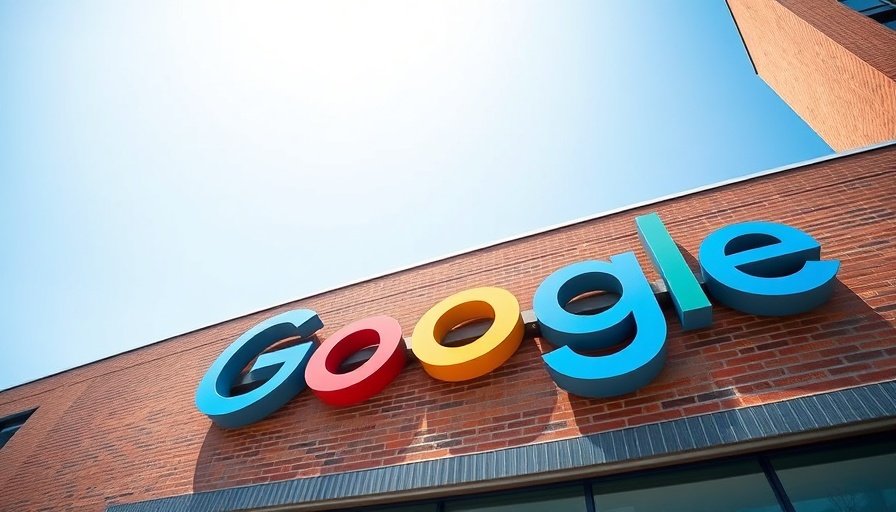
DOJ's Ongoing Antitrust Battle with Google: A Timeline of Events
In a landmark move, the US Department of Justice (DOJ) is pushing for Google to divest its widely-used Chrome browser. Initially proposed last year, this demand has survived changing administrations, reflecting a growing concern over the tech giant's influence over the digital marketplace. The DOJ labels Google’s actions as anticompetitive, asserting that its monopolistic practices hinder market competition, thus exemplifying the struggle between regulation and innovation in the tech industry.
AI Investments: A Softening Stance by the DOJ
Interestingly, the DOJ's latest proposal also reveals a significant change in its approach to Google's investments in artificial intelligence. After previous attempts to compel divestment in AI functionalities and partnerships, the DOJ has shifted to a more lenient stance, opting instead for prior notification on future AI investments. This alteration portrays an understanding that, while Google holds substantial power, stifling its AI growth could potentially harm the overall advancement in a field critical to healthcare and many other sectors.
Implications for Healthcare Technology
Healthcare professionals, particularly those in IT, should pay attention to these developments. Google’s dominance in AI could significantly influence technologies in healthcare, from telemedicine solutions to predictive analytics using AI. The DOJ’s moderation regarding AI investments signals a potential stabilization in innovation practices that could benefit the healthcare sector, fostering an environment of continued advancement in patient care technology.
The Future of Competition in Technology
As we gaze into the future of technology regulation, this antitrust case could set significant precedents. With Judge Amit P. Mehta hearing arguments in April, the outcome will clarify how the DOJ plans to tackle monopolistic behaviors among tech companies, especially those crucial to industries like healthcare. The interplay of competition, consumer rights, and technological progress remains delicate; while regulation aims to protect market integrity, excessive imposition could deter innovation.
The continued scrutiny over Google's operations is indicative of a broader movement toward greater accountability in the tech sector. For healthcare IT leaders, understanding these regulatory dynamics is essential, as they navigate the complexities of integrating advanced technology responsibly and effectively.
 Add Row
Add Row  Add
Add 




Write A Comment